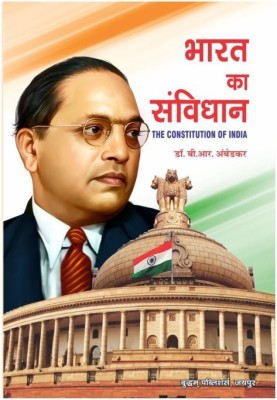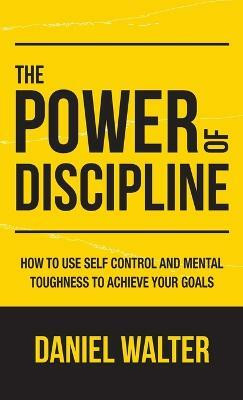
Get notified when this item comes back in stock.
Share
Doing Comparative Politics: An Introduction to Approaches and Issues 1st Edition (English, Paperback, Timothy C. Lim)
Be the first to Review this product
₹901
Sold Out
This item is currently out of stock
Highlights
- Language: English
- Binding: Paperback
- Publisher: Viva
- ISBN: 9788130904269, 8130904268
- Edition: 1st, 2007
- Pages: 335
Seller
Description
Systematic, coherent, and user friendly, this decidedly nontraditional introduction to comparative politics is designed to teach students how to think comparatively and theoretically about the world they live in.
The core of the book is organized around a set of critical questions-why are poor countries poor? why is East Asia rich? what makes a democracy? what makes a terrorist? what makes a social movement?-each the topic of a full chapter. These issue chapters are based on the solid methodological and theoretical foundation laid out in the first part of the book. Graphics and definition boxes enhance the text.
Doing Comparative Politics will stimulate your students to critically engage with both the content and the methods of the field.
About the Author
Timothy Lim is associate professor of political science at California State University, Los Angeles.
Table Of Contents
THE BASICS
The core of the book is organized around a set of critical questions-why are poor countries poor? why is East Asia rich? what makes a democracy? what makes a terrorist? what makes a social movement?-each the topic of a full chapter. These issue chapters are based on the solid methodological and theoretical foundation laid out in the first part of the book. Graphics and definition boxes enhance the text.
Doing Comparative Politics will stimulate your students to critically engage with both the content and the methods of the field.
About the Author
Timothy Lim is associate professor of political science at California State University, Los Angeles.
Table Of Contents
THE BASICS
- Doing Comparative Politics
- Comparing to Learn, Learning to Compare: An Introduction to Comparative Methods
- Thinking Theoretically in Comparative Politics: An Introduction
- Why Are Poor Countries Poor? Explaining Economic Underdevelopment
- Why is East Asia Rich? Explaining Capitalist Development in Japan, South Korea, and Taiwan
- What Makes a Democracy? Explaining Democratic Transition and the Breakdown of Authoritarian Rule
- What Makes a Terrorist? Explaining Political Violence
- What Makes a Social Movement: Understanding the Rise and Success of Social Movements
- Globalization and the Study of Comparative Politics
- Glossary
- Selected Bibliography
- Index.
Read More
Specifications
Book Details
| Publication Year |
|
Contributors
| Authored By |
|
Be the first to ask about this product
Safe and Secure Payments.Easy returns.100% Authentic products.
Back to top




